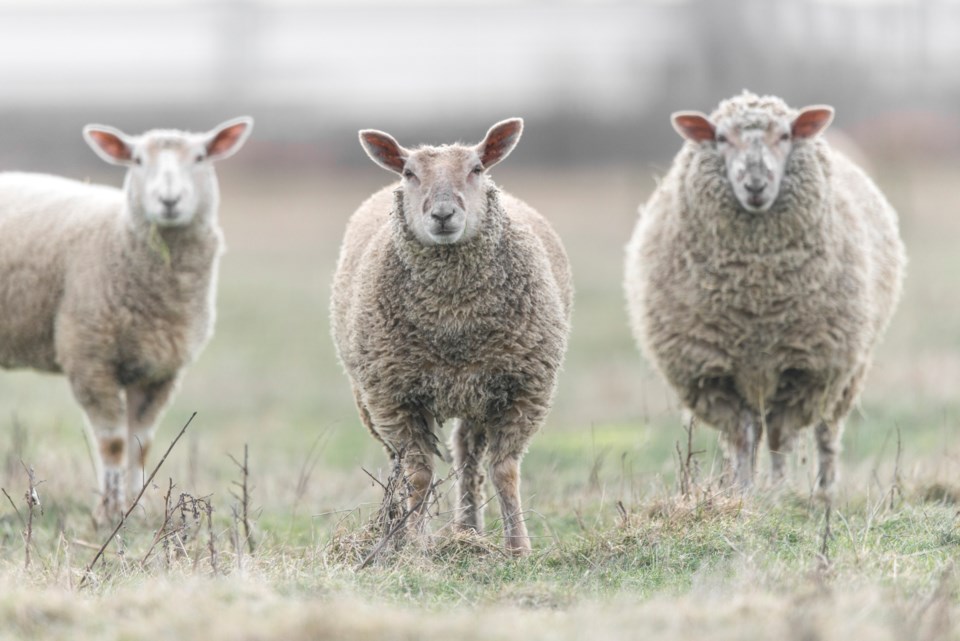While living in the idyllic Sea to Sky Corridor can sometimes seem far removed from the world's problems — and solutions — like a rock thrown in Cat Lake, there are ripple effects to everything we do.
The story of wool is a perfect example of this.
In Squamish, we are part of the problem but can also be part of the solution.
But why wool?
The material has been used by humans since the Stone Age for a reason.
For clothing, it is antimicrobial, durable and insulating.
Wool is more environmental than unnatural fabrics: it is renewable and created with more sustainable production — by sheep; it is also biodegradable and fire resistant, among other great qualities.
The problem is there is a glut of wool in B.C. and beyond.
The price of wool has taken a free-fall, down 65% from 2018, to the point that some producers — small family farms on Vancouver Island, for example — are burning it because they would lose money on labour, sheering, supplies and shipping.
There are many reasons for this decline — which are deftly outlined in the reporting in The Times Colonist by Darron Kloster — including a Chinese embargo on Canadian wool related to the arrest of Huawei executive Meng Wanzhou.
Another reason is a decline in the number of available wool mills to turn raw materials into yarn.
In the Sea to Sky, there is not much we can do about these factors.
But the decline is also due to a shift to producing polyester and plastic-fibre textiles to fill consumer demand.
Say what?
In Squamish, we can put our money where our environmentally-concerned mouth is by choosing wool products over synthetics where possible.
Some folks are coming up with creative uses for wool, which locals can support.
For example, the Okanagan farm Lone Sequoia Ranch Shop is turning raw wool into Waste Not Wool Pellets — fertilizer for gardens.
The pellets are “nitrogen-rich, slow-release fertilizer that helps retain moisture in your soil,” the company says.
Now that is something we can baa about as we plan our spring community or personal gardens.


.png;w=120;h=80;mode=crop)

